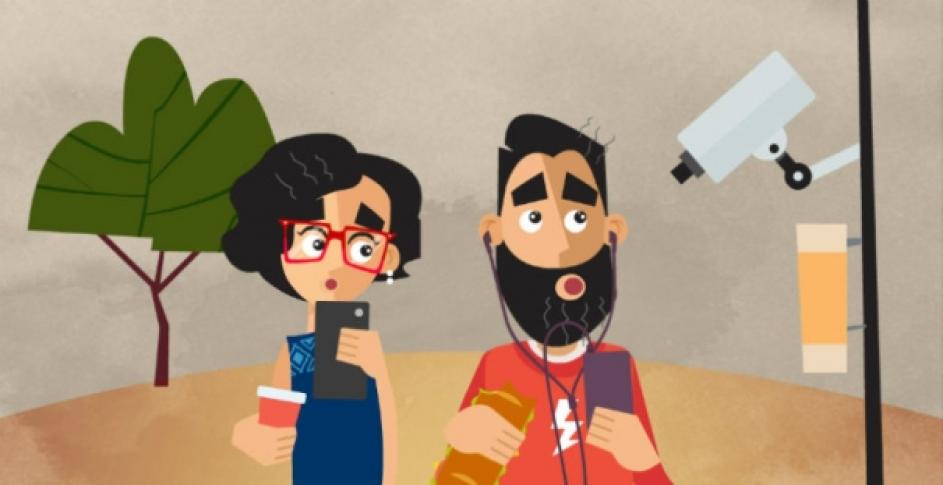
Palestinian society is currently witnessing one of the fastest growing rates of gender based violence online in the world, which comes in light of rapid evolving of the use of internet and social media by Palestinians. Over 3,000,000 Palestinian internet users were registered in the West Bank and Gaza in 2017 as social media platforms become an arena of political and social confrontation against the Israeli occupation and building historical narratives as well as discussing internal issues within Palestinian society.
Recent figures reveal that although the gender gap in internet usage has reduced substantially in Palestinian communities, girls and women are still disproportionately affected by the local as well as the global sociopolitical structures of gender relations. Palestinian girls and women’s rights are constantly challenged by social pressures and norms in addition to being subject to a decades-long occupation, which further limits the extent to which they can positively contribute to community and civic activism.
An inclusive, safe and gender friendly internet is a fundamental prerequisite for building a free and open internet and as social media platforms become new grounds for contestation, it is necessary that women are able to contribute to the debate through enhanced civic and democratic participation. However, women are continuously subjected to a wide array of crimes such as hacking, blackmailing, hate speech and sextortion. This is particularly pronounced in Palestine, where cyber-crimes against women have been dramatically rising in recent years. In 2015, around 1,020 cybercrimes were registered in Hebron in the occupied territories, in comparison to 922 in 2014 and 850 cases were investigated in the first quarter of 2017, according to Palestinian police.
Assiwar – The Feminist Arab Movement reported a dramatic rise in online sexual assault against women in Palestine. In 2016, 13% of assaults against women were in the form of threats and blackmailing to publish photos, 21% of which took place on the internet. This increased to 35% of sexual assaults taking place online in 2017, constituting a 14% rise in just one year.
Continue reading in GenderIT.org.
Image from 7amleh campaign on raising awareness around digital security.